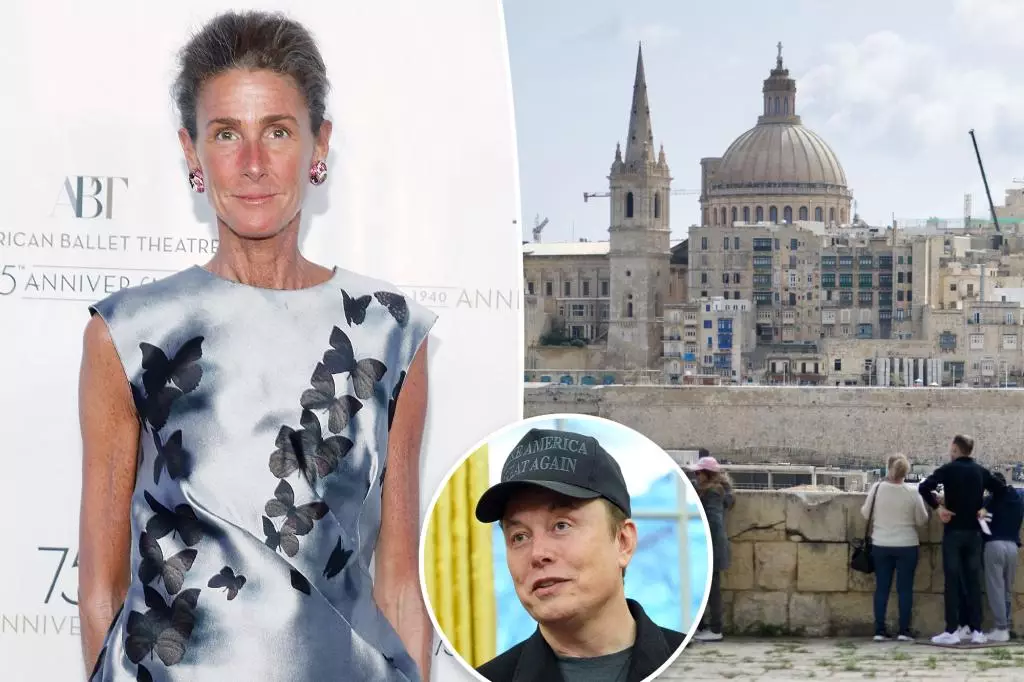In an era where the lines between politics and privilege blur, the recent nominations by President Trump for ambassadors have shed light on a distinctive class of elite connectors: socialites and high-profile individuals whose networking abilities transcend traditional political corridors. The case of Somers Farkas, an ambassadorial nominee to Malta—an island that recently became the center of geopolitical discussions—highlights how the current administration’s choices often favor personal connections over conventional diplomatic experience. Her trajectory, which includes affluent gala circuits and familial ties to corporate giants, seems to encapsulate the trend of appointing the socially prominent rather than seasoned diplomats.
The Perils of Political Appointees
However, the intricacies of such appointments are far from rosy. Political insiders express skepticism about the viability of these nominees, especially as many embassies face potential closures. The situation raises critical questions about preparedness and adaptation in a changing diplomatic landscape. While Farkas has reportedly undergone ambassador training, the closing of embassies—a tortuous process laden with red tape—could render her position obsolete before it even begins. This unsettling scenario poses a provocative question: what happens to the person chosen for diplomatic service when the structures supporting that role collapse?
Socialite Ambassadors and Their Global Footprints
The audacity of selecting names like Kimberly Guilfoyle and Herschel Walker for ambassadorial positions as part of a growing trend further speaks volumes about the decoupling of credentialed diplomacy from celebrity allure. As the U.S. grapples with international perceptions amidst declining soft power, the appointment of such figures may excite domestic audiences; yet, does it alienate traditional allies? Decisions regarding ambassadors in locations such as Luxembourg or the Central African Republic suggest a superficial grasp of foreign policy complexities that transcend mere charm or charisma.
Behind the Veil: The Risks of Reducing Diplomacy
Furthermore, the implications of reducing diplomacy to high-society affairs open a Pandora’s box of potential pitfalls. While the administration may view celebrity ambassadors as a means to generate buzz and media attention, this could undermine the underlying seriousness of diplomatic relations. Critics argue that the ambassadors’ gloss of glamour may overshadow substantial policy discussions that require depth, nuance, and experience. The notion that diplomacy could be reduced to mere public relations stunts risks trivializing international relationships that require respect and understanding.
The Landscape of Modern Diplomacy
As the shifting dynamics of the State Department’s strategy become apparent, one couldn’t help but wonder how the merging of elite social networking with international relations would play out on the world stage. The political climate demands ambassadors who can navigate complex socio-political landscapes rather than rely solely on personal branding and social clout. In this increasingly interconnected world, perhaps it’s time to reconsider the balance between charisma and capability, steering our diplomatic ship toward resources that prioritize substantive engagement over senseless spectacle.

